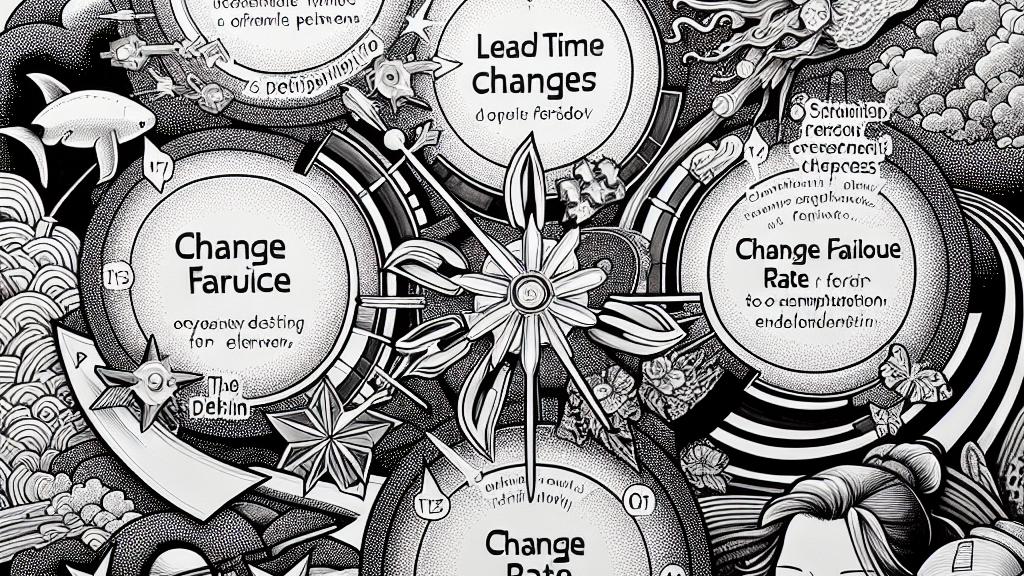Improving Team Development Productivity Using Four Keys
Overview
- Unlock exceptional team productivity by leveraging the transformative Four Keys metrics.
- Identify critical challenges that obstruct smooth development processes and address them head-on.
- Engage in dynamic retrospective practices that inspire continuous improvement and foster team collaboration.

Understanding Four Keys in Japan's MLOps Block
In the dynamic tech realm of Japan, specifically within ZOZO's MLOps block, the quest for enhancing development productivity through the Four Keys framework is not just a goal—it's a necessity. This powerful framework comprises four pivotal metrics: deployment frequency, lead time for changes, change failure rate, and mean time to restore service. Imagine each metric as a guiding star that illuminates the path toward efficient software delivery and operational excellence. Yet, despite the application of Findy Team+ to visualize these metrics, the MLOps team grappled with an urgent challenge: turning these valuable observations into actionable improvements. This situation highlighted an essential need for a well-structured approach—one that not only interprets numbers but also incites genuine progress for the entire team.
Challenges Faced in Improvement Initiatives
As the MLOps team undertook the noble endeavor of boosting productivity, they were met with substantial challenges that muddied their efforts. A primary hurdle was the superficial understanding of the Four Keys framework. This limited comprehension often resulted in ineffective problem-solving, as team members leaned heavily on raw data without grasping its deeper implications. For example, when monitoring the change failure rate, discrepancies often emerged between actual deployment failures and minor bugs that went unreported. Furthermore, noise within the data—caused by flawed collection processes and unclear definitions—compounded their difficulties; a surge in deployment frequency might look great on paper but could mask troubling practice gaps, such as inadequate testing protocols. To overcome these complex challenges, the team recognized the necessity for clearer definitions, refined data collection methods, and a profound appreciation for the interrelationships among metrics. With this holistic mindset, they could drive meaningful, measurable productivity enhancements.
Applying Effective Retrospective Practices
To tackle the challenges presented, the MLOps team adopted the practice of structured retrospective meetings. These sessions, akin to guided brainstorming workshops, offered team members the chance to share insights, celebrate achievements, and pinpoint areas needing improvement. By engaging deeply with their performance metrics in these discussions, the team uncovered countless valuable lessons. For instance, when they analyzed the lead time for changes, they began to see clear correlations between specific bottlenecks in their process and subsequent delays in successful deployments. Such discoveries were not merely enlightening; they instilled a sense of camaraderie and fueled innovation within the team. By ensuring every voice was heard and encouraging open, honest dialogue, these retrospectives became a source of inspiration—a breeding ground for actionable strategies. Through the embrace of these reflective practices, the MLOps team unlocked the pathway to an unending cycle of improvement, resulting in not only heightened productivity but also a more cohesive and dynamic team environment.

Loading...